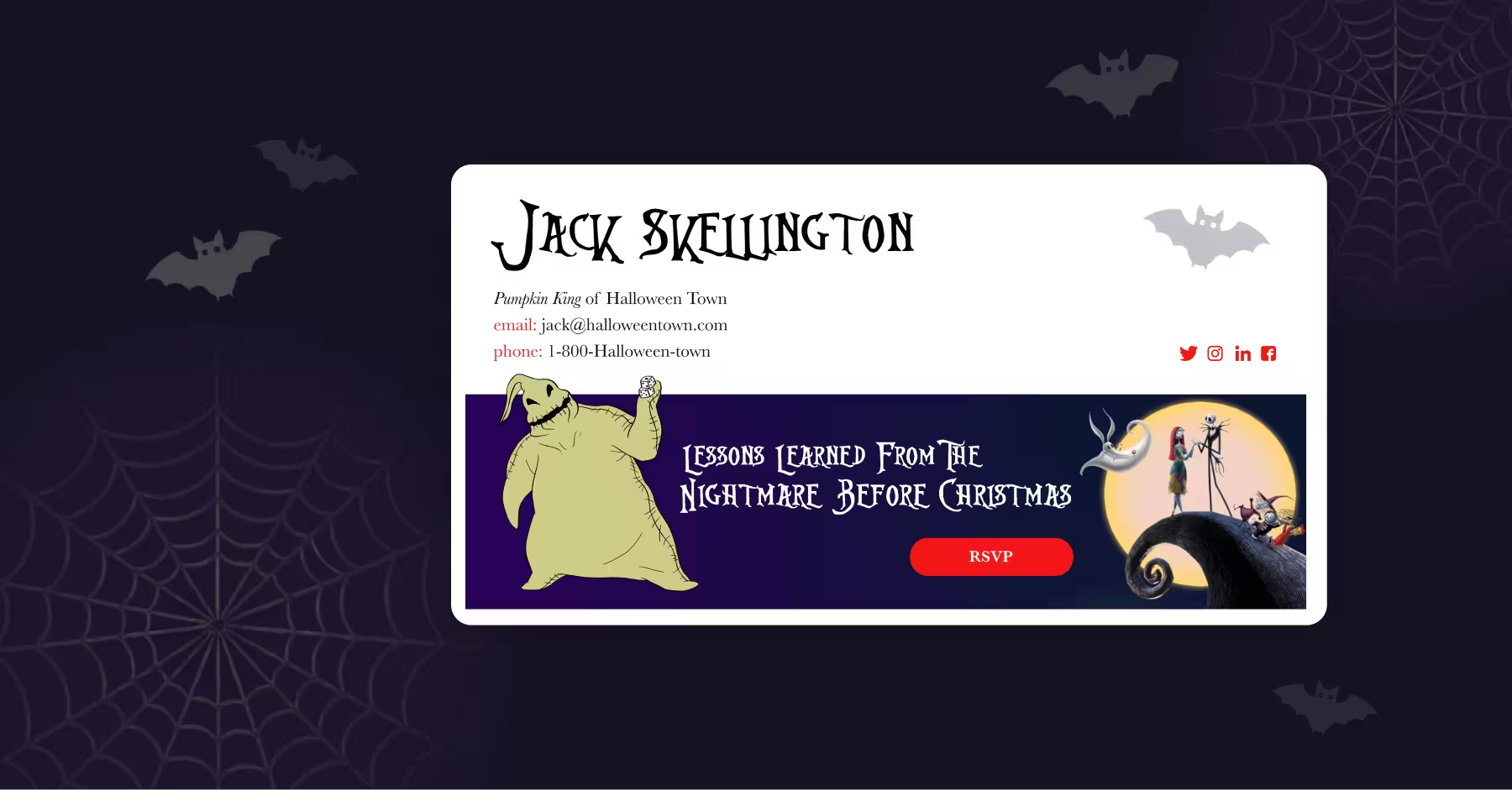
Brand Consistency is Vital to Your Success - Here's Why
Your brand is the heart of your business, right? It impacts (almost) every decision you make. Especially as marketers, we constantly think about how every choice we make impacts the brand (with questions like, "Does this align with our brand values?" or "How will customers perceive this decision?" and so forth). But, what exactly makes up your brand? Why is brand consistency so important?
What's in a brand?
Branding dates back to the ancient Egyptians who engaged in livestock branding around 2,700 BC. This mark would be used as a sign of ownership. We still do this today with trademarks and copyrights. Think about your favorite coffee, soda, or running shoes. Some brands are so powerful, we associate entire categories with them. There's no lack of commentary around what makes up a brand (or what does not: it's not a logo, it's not a product, etc.). Advertising mogul David Ogilvy perhaps defined brand best as “the intangible sum of a product’s attributes.”
Those intangible attributes ignite emotions, and loyal customers know what they are buying when they choose you.
A great example of how a brand connects with customers in a personal way is Toms brand shoes. These canvas shoes are easy to duplicate, and many competitors have done so. But, Toms has built a community around its brand. By incorporating its core values into the fabric of the business, customers feel good about buying a pair of Toms. This connection to the greater common good creates a sense of loyalty and enormous brand value - and ultimately, drives more sales and more good for the community.
Why brand consistency matters
Buyers are people. And people like consistency (you could read about this all day - for example here, here, and even here). We know what to expect. We can plan around it. We make decisions based on those expectations and the information we have at the time. Marketing (and specifically, your brand) is a perfect example of where consistency is critical. Competition is fierce. As marketers, we hold responsibility for ensuring our communications and marketing campaigns uphold the brand. Some of the ways this consistency impacts the business includes:
- Awareness – Capturing consumer attention is harder than ever. We have hundreds, if not thousands, of devices and applications vying for attention. How can you break through that clutter and build awareness for your brand? Whether we are looking at in-feed ads and videos, rewards programs inside mobile games, or perfectly designed email signature marketing campaigns, only the most engaging and relevant campaigns will command consumer attention.
- Trust – Inconsistent branding is a sure way to lose your customers' trust. When it comes to brand, details matter. Different logos on your business cards and the website can be confusing for customers. First, they need to trust the site is yours. Second, if these simple things are inconsistent, what other details are you missing -- customer support? engineering? I might not want to take a chance.
- Authority – We all aim to be the best in our industry. We want to be the trusted authority and invest heavily in our company reputations. Your brand exudes that authority. Take Starbucks, for example, as a the industry authority when it comes to high-quality coffee. From investments made to expand the menu, to the detailed recipes (including the ice-to-drink ratio) followed at each location. Customers know the product is consistent, regardless of the location.
Building brand consistency
Brand consistency is about much more than putting a logo on your marketing materials. The company look, feel, tone, and messaging must be consistent to build credibility, trust, recognition, and loyalty. Some of the ways to think about it include:
Imagery – A consistent image is key to building a brand. The Nike swoosh is a great example of an iconic brand image. This consistency helps customers recognize your logo and colors immediately, which is important in an increasingly crowded market.
Messaging – Brands must evolve to stay relevant - but in that evolution, it's important to keep the messaging consistent across all marketing and communications materials. Every message, billboard, post, or video is an opportunity.
Relevancy – Perhaps most important into in today's environment of 24/7 connectivity and 1000s of brands trying to catch our attention - is the ability to create highly targeted, relevant messaging. Broad generalizations are a thing of the past. Brands must take the time to get to know your audience. This relevancy makes the difference between a campaign that is a success, or one where the email is deleted, the call is not returned, the webinar is unattended, and PO is not signed.
Your brand is more than one of your most important assets - it is the heart of your business. Think about the number of emails leaving your organization each day. What better place to push brand consistency than with each of those messages -- right in the email signature?


.svg)



.svg)



